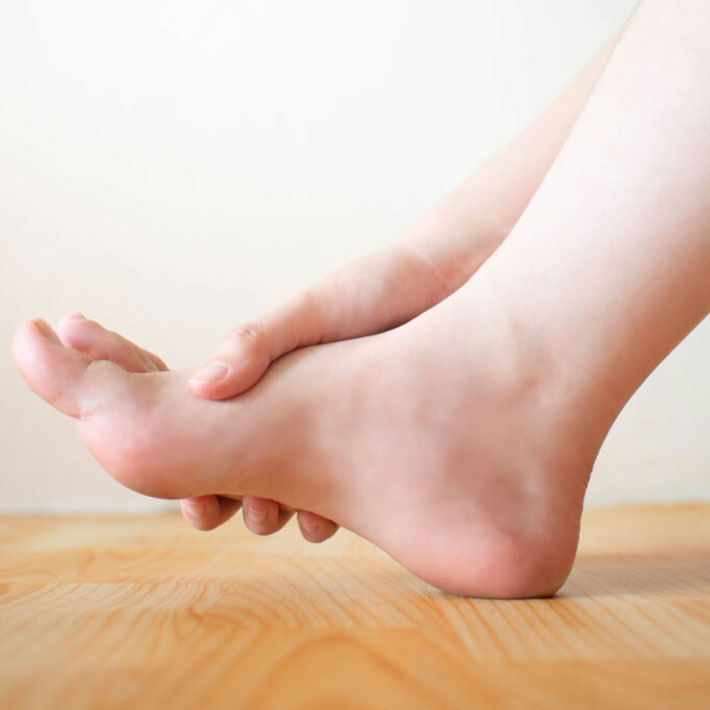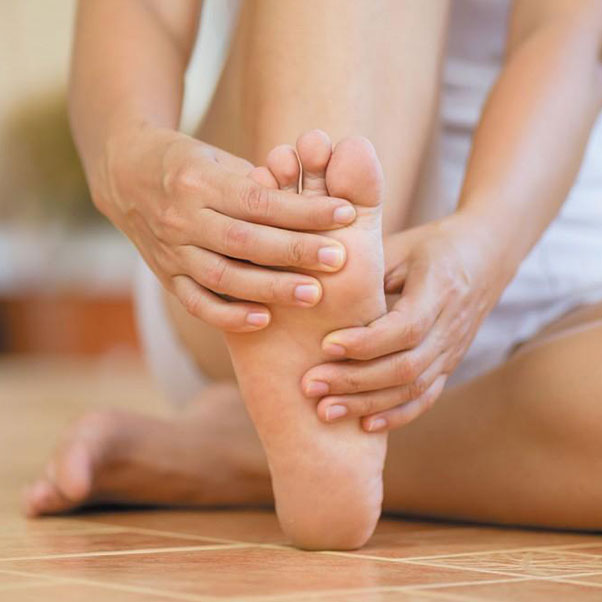01
What Is Neuropathy?
Neuropathy refers to damage or dysfunction of the peripheral nerves, resulting in symptoms such as pain, tingling, numbness, or weakness, typically in the hands and feet. When neuropathy affects the feet, it can lead to a loss of sensation, increasing the risk of unnoticed injuries, infections, and balance issues. The most common type is diabetic neuropathy, which occurs as a complication of poorly controlled diabetes, but neuropathy can also arise from other underlying causes.


